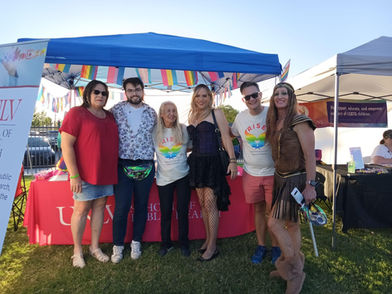Wharton lab

Exploring Key Pathways and Interventions to Reduce Alzheimer's Disease Risk
Areas of Investigation
-
Understanding the contribution of midlife vascular risk factors in AD and developing interventions to target the most relevant AD biomarkers including AD-related brain changes, inflammation, sleep, and heart health, in individuals at high risk for AD.
-
Testing whether certain blood pressure medications penetrate the brain and act on Alzheimer's disease biomarkers, thereby potentially reducing AD risk.
-
Testing potential racial differences in the way that blood pressure medications penetrate the brain and potentially influence AD risk, while at the same time investigating both physiological and sociological factors that may lead to these differences.
-
Understanding how sex hormones in the body and in the brain influence an individual’s risk for AD.
-
Adapting existing AD caregiver interventions to make the information more applicable to African Americans and the LGBTQ community.
The PREVAIL Lab
Prevention and Risk Evaluation for Vascular Health, Alzheimer's Risk, Intervention, and Lifestyle
The PREVAIL Lab is a collaborative group of researchers led by Principal Investigators Dr. Whitney Wharton, PhD and Dr. Brittany Butts, PhD at the Emory University School of Nursing. Our research is focused on risk reduction and improving health outcomes for diverse populations.
Our research team focuses on investigating the relationships between cardiovascular health, cognitive function, immune function, and Alzheimer's disease risk factors during middle age, with particular emphasis on the impacts of sex hormones and social determinants of health. Additionally, we study the unique vascular and brain health challenges faced by veterans, including environmental exposures, traumatic brain injury, and chronic stress, while also fostering inclusive research opportunities for the LGBTQIA+ community.

A Message of Appreciation
We are tremendously grateful to our research participants and our community volunteers, whose invaluable contributions have made our research possible! Your willingness to engage and share your experiences has provided us with essential insight. Thank you for being an integral part of this journey and for helping us advance our understanding in meaningful ways!








